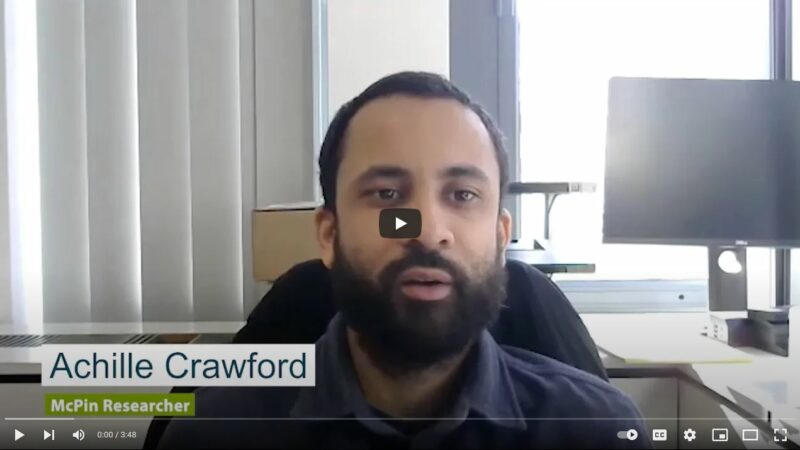Project overview
Many people experience paranoia – mistrustful or suspicious thoughts, including worries that others are deliberately trying to harm them.
There has been no research priority setting on this so far. This study, as part of a doctorate at Oxford University, aims to create a list of the key questions for paranoia research, which will be published for the research community.
We want to know which issues people would like to be addressed and which research questions they feel should be prioritised.
We are interested in the experiences of both people with lived experience who both attend/attended mental health services and those who do not. We also want to understand the research priorities of family members, NHS mental health professionals and researchers.
Whilst we recognise that paranoia can occur widely, we will focus on the views of people who feel very certain that they are being persecuted.
Opportunity to shape research on paranoia! Take the 5-minute survey from Oxford University.
Have you experienced severe paranoia?
We’re asking people with lived experience of severe paranoia and caregivers to select the top 10 unanswered research questions they feel must be addressed.
Have your voice heard: shape future severe paranoia research in this quick 5-minute survey!
Project details
Not enough is known about paranoia, so we need to work out what the priorities are for research in this area.
This will help clinicians and researchers develop a better understanding of views on research questions on severe paranoia.
We hope that this might lead to future research into understanding paranoia better and improving treatments.
McPin is recruiting people with lived experience for the study.
The study also has a steering group which is facilitated by McPin’s Head of Public Involvement Thomas Kabir.
The group includes people with lived experience of paranoia, researchers, and NHS professionals.
If you would like more information please contact the study’s chief investigator, David Ariel Sher on [email protected].
For more information on public involvement for the study, please email [email protected].
Related blogs
Related projects
Work with us
We are always excited to hear from others who want to collaborate on mental health research. From delivering peer research to helping you with public involvement strategies and providing training, get in touch to chat.







